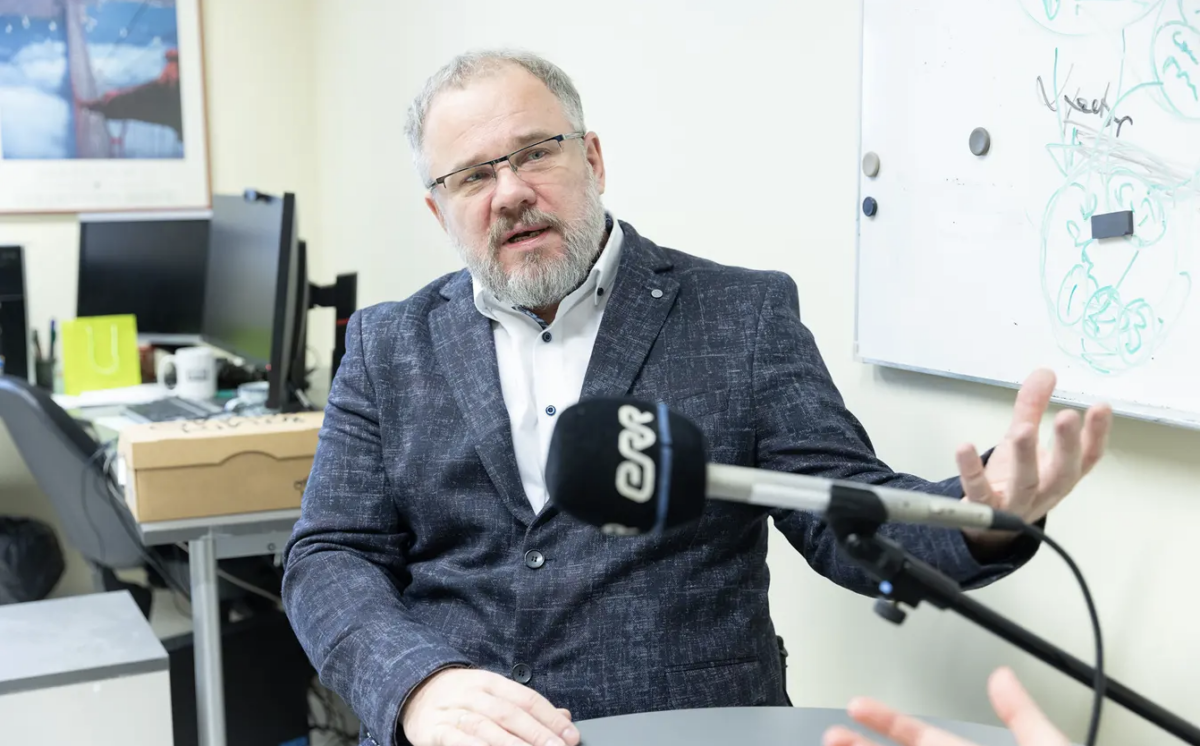
The University of Tartu synthetic biologists have received a 30 million euro grant from the European Commission and the Estonian government. With this financial support, the university plans to collaborate with TalTech to establish a research center where biological knowledge converges with machine learning. Professor Mart Loog shared the current and future plans for this new research center with Novaator.
In Estonia, there have been numerous success stories in the field of information technology, but the biotechnology sector has not seen similar progress. Molecular biology in Estonia has been primarily focused on traditional topics, and the introduction of digital synthetic biology could bring fresh perspectives and new talent to the field.
In a small country like Estonia, the success of such a project is not guaranteed, but the example of Lithuania demonstrates that it is not impossible. The ability to read and write one’s own genetic code is a natural part of the development of every species.
While 99% of living organisms remain unsequenced, the diversity of nature serves as a rich source of inspiration for synthetic biology when creating new cells. In the future, it may be possible to convert waste and emissions into a gas that bacteria can consume and transform into valuable resources.
